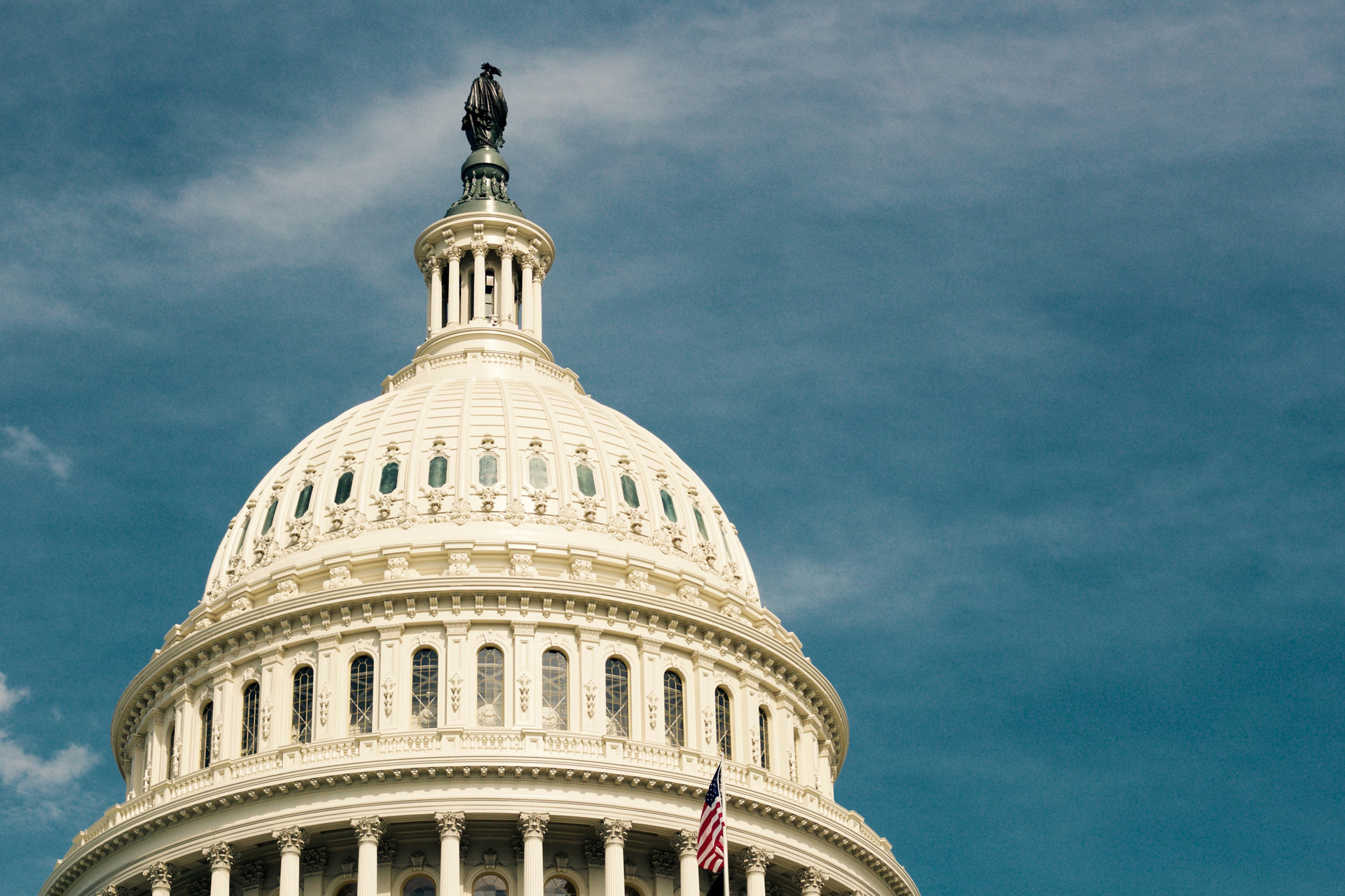
As lawsuits are filed in courts across the United States regarding the opioid crisis, many of the nation’s largest pharmaceutical companies and pharmacy chains are figuring out their next moves. In part, this is due to the fact that if these companies are found liable, millions of dollars could be at stake. But even as these cases progress, drug manufacturers and pharmacies such as Johnson & Johnson, Purdue Pharma, and CVS are already having their reputations tarnished.
With the opioid crisis gaining much attention nationwide, many patients and consumers are eager to have more accountability from companies, pharmacies, and healthcare professionals regarding the widespread prescribing of opioids. As a result, many documents related to lawsuits have been leaked or released to the media, and contain numerous allegations and practices that many find disturbing. As an example, executives with Purdue Pharma acknowledged in depositions they knew prescription opioids, such as Oxycontin, were in fact far more addictive than they led doctors to believe. Along with this, executives from Purdue and other companies were encouraging their sales reps to find ways to make sure doctors wrote as many opioid prescriptions as possible for groups of vulnerable patients, such as seniors and military veterans.
Because of the increased levels of transparency in these lawsuits, many of the documents released have been unusual in that they have contained few if any redactions. As for the drug manufacturers and pharmacies named in various lawsuits, they argue all information contained in the documents is proprietary, and thus should be viewed by the courts as corporate property. As the basis for their arguments, they point to past opioid settlements. In most cases, companies paid fines, yet were able to obtain gag orders, meaning no details of the cases were disclosed to the public. In fact, most previous settlements often resulted in records pertaining to the case being immediately destroyed or returned to the company.
However, companies such as Johnson & Johnson maintain any actions they have taken regarding the promotion and marketing of opioid products were appropriate and responsible. Yet as more information has been made available to the public, many legislators in Congress are seeking answers to their questions. Scolding company executives for supposedly using deceptive marketing tactics to maximize profits, many on Capitol Hill are calling for hearings and investigations into these companies.
Yet while the drug manufacturers claim all their efforts were honest and trustworthy, more information is being revealed indicating the companies often used many drug addiction studies that were known to be conducted in very unscientific fashions, resulting in data that was far less than reliable. Compared by many to the efforts of tobacco companies in the 1990’s to discredit studies related to the negative health impact of smoking on individuals, the major difference in these cases is that the public views drug manufacturers and researchers as those who should be most interested in healing others, rather than hurting them.
As arguments continue to swirl among drug manufacturers, pharmacy chains, lawmakers on Capitol Hill, and plaintiffs filing their lawsuits, more revelations could be on the horizon. With a major opioid trial set to begin in May, it is expected much more information will be released to the public. However, this remains to be seen, as attorneys from both sides are presenting their arguments for and against this to the court. While one option for defendants in these cases is to reach a global settlement, which would pay compensation in exchange for obtaining secrecy agreements, most legal experts say it is simply too close to call when predicting which side wins or loses.
Learn more about Drug Safety News.

